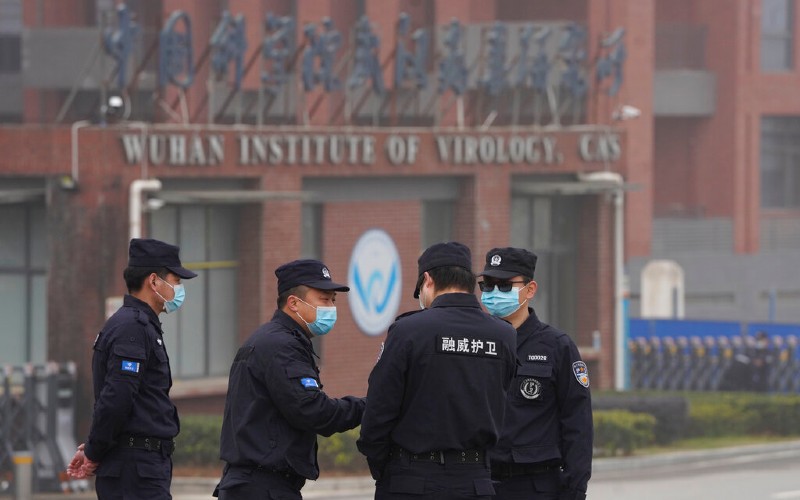Denver Health, the city's main public hospital, saw $10 million in additional "uncompensated care" in the last year, which the health system largely attributed to the tens of thousands of medical visits from immigrant patients from South and Central America.
The hospital system has been driven deep in the red, and as a result, it is turning down other patients, particularly those seeking help for mental health and substance abuse.
Denver Health does not ask about or track the immigration status of its patients, but these new patients do not have medical insurance and are from one of the following countries: Colombia, El Salvador, Ecuador, Guatemala, Honduras, Nicaragua, and Venezuela.
As of early last week, Denver had reportedly welcomed 37,571 immigrants.

"This problem of illegal immigration straining public services, it's been around for a long time," notes Dr. Steven Camarota, director of research at the Center for Immigration Studies (CIS). "Between 1/4 and 1/5 of all of the people without health insurance in the United States are illegal immigrants, so, the cost for that has got to be around $7 billion a year – and this is before the current surge."
Still, he does not think this crisis will compel voters in blue Colorado to change political course.
"It's too partisan," he tells AFN.
But since people are getting "gobsmacked" and "hit in the face" with this reminder that there is a reason why funds are allocated to enforce legal immigration, he suggests that maybe this could be an important development.
"If you ignore all that, which is what's happening, when you have an influx like this, something's got to give," Camarota concludes.
In this case, the city has been reimbursed roughly $14.1 million of the $38 million in associated expenses, meaning Denver taxpayers are picking up most of the tab.







